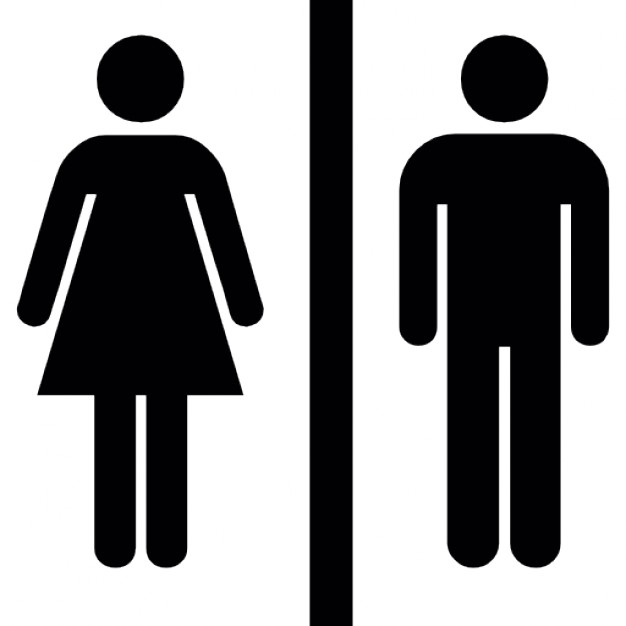|
What makes us more human?
 speech (>literature!); free exchange / trade of information, ideas, feelings, goods, services.(dialogue
& dialectic)
speech (>literature!); free exchange / trade of information, ideas, feelings, goods, services.(dialogue
& dialectic)
 rights; legal status and protection by law
rights; legal status and protection by law
 curiosity < humility, generosity
curiosity < humility, generosity
 receptivity:
compassion / sympathy /
empathy
receptivity:
compassion / sympathy /
empathy
 giving
benefit of doubt / humility giving
benefit of doubt / humility
 tolerance of ambiguity, conflicting ideas
tolerance of ambiguity, conflicting ideas
 hybridity;
evolving, or intersectional identities (contrast "absolute or essential
identities" below) hybridity;
evolving, or intersectional identities (contrast "absolute or essential
identities" below)
 belonging / identity / security / stability ("home"; "tribe")
belonging / identity / security / stability ("home"; "tribe")
 work,
labor (esp. toward shared goals?) work,
labor (esp. toward shared goals?)
 desire,
yearning for more (progress?) +
restraint? desire,
yearning for more (progress?) +
restraint?
 family
(though family takes many forms) family
(though family takes many forms)
 childhood,
adolescence as time of wonder, possibility, insecurity, etc. childhood,
adolescence as time of wonder, possibility, insecurity, etc.
 Humans are
shaped and conditioned but not totally imprisoned by environment and
history. (Talent may be universally distributed, but opportunity isn't.) Humans are
shaped and conditioned but not totally imprisoned by environment and
history. (Talent may be universally distributed, but opportunity isn't.)
OR (AND?)
 individuals freely choose who or what they will be, overcoming all
limitations through willpower, talent, and luck--but can become a
rationale for dominance and dehumanization of others or social context.
individuals freely choose who or what they will be, overcoming all
limitations through willpower, talent, and luck--but can become a
rationale for dominance and dehumanization of others or social context.
 In religious terms, "fate vs. free will" (another
dialectic)
In religious terms, "fate vs. free will" (another
dialectic)
|
What makes us less human? (Really these
traits are "all too human" but can frustrate or obstruct optimal human
development?) (synonym: dehumanization)
 Dividing to us and them, victims & oppressors, good guys and bad guys,
self and other,
subject and object.
Dividing to us and them, victims & oppressors, good guys and bad guys,
self and other,
subject and object.
(Such classifications
appear hard-wired in human brain but can be overcome by education and mixed
environments.)
 Treating someone else as less human makes me less human. (dehumanization)
Treating someone else as less human makes me less human. (dehumanization)
 objectification: OED 2. The demotion or
degrading of a person or class of people (esp. women) to the status of a
mere object; reification . . .
objectification: OED 2. The demotion or
degrading of a person or class of people (esp. women) to the status of a
mere object; reification . . .
 "Absolute purity" or "essential identities" exclude communication and
exchange with others.
"Absolute purity" or "essential identities" exclude communication and
exchange with others.
 Hardness,
coldness, unresponsiveness, lack of receptivity, sympathy or empathy Hardness,
coldness, unresponsiveness, lack of receptivity, sympathy or empathy
 Pride, vanity, arrogance (v. humility)
Pride, vanity, arrogance (v. humility)
 Despair,
decline over progress (though,
like us & them, common enough) Despair,
decline over progress (though,
like us & them, common enough)
|



